
Recommendation
Most global workforce employees will need new skills in the coming years; acquiring those skills requires personalized learning. Learning technology professors Nada Dabbagh and Helen Fake address the challenges of engaging employees in training and development even as corporate training budgets remain substantial. Dabbagh and Fake’s strategies and guidance focus on improving personalized learning to boost talent development and retention, and on ensuring that organizations and individuals can adapt to evolving skill requirements.
Summary
About the Authors
Nada Dabbagh and Helen Fake are professors in learning technologies at George Mason University.
Learners who read this summary also read
Book
Report
Book








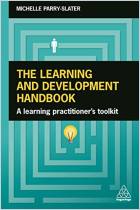
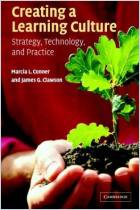
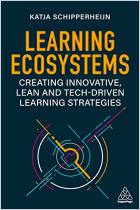
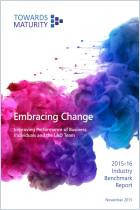
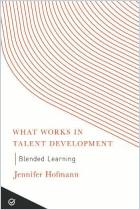
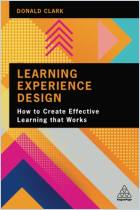



Comment on this summary or Start Discussion